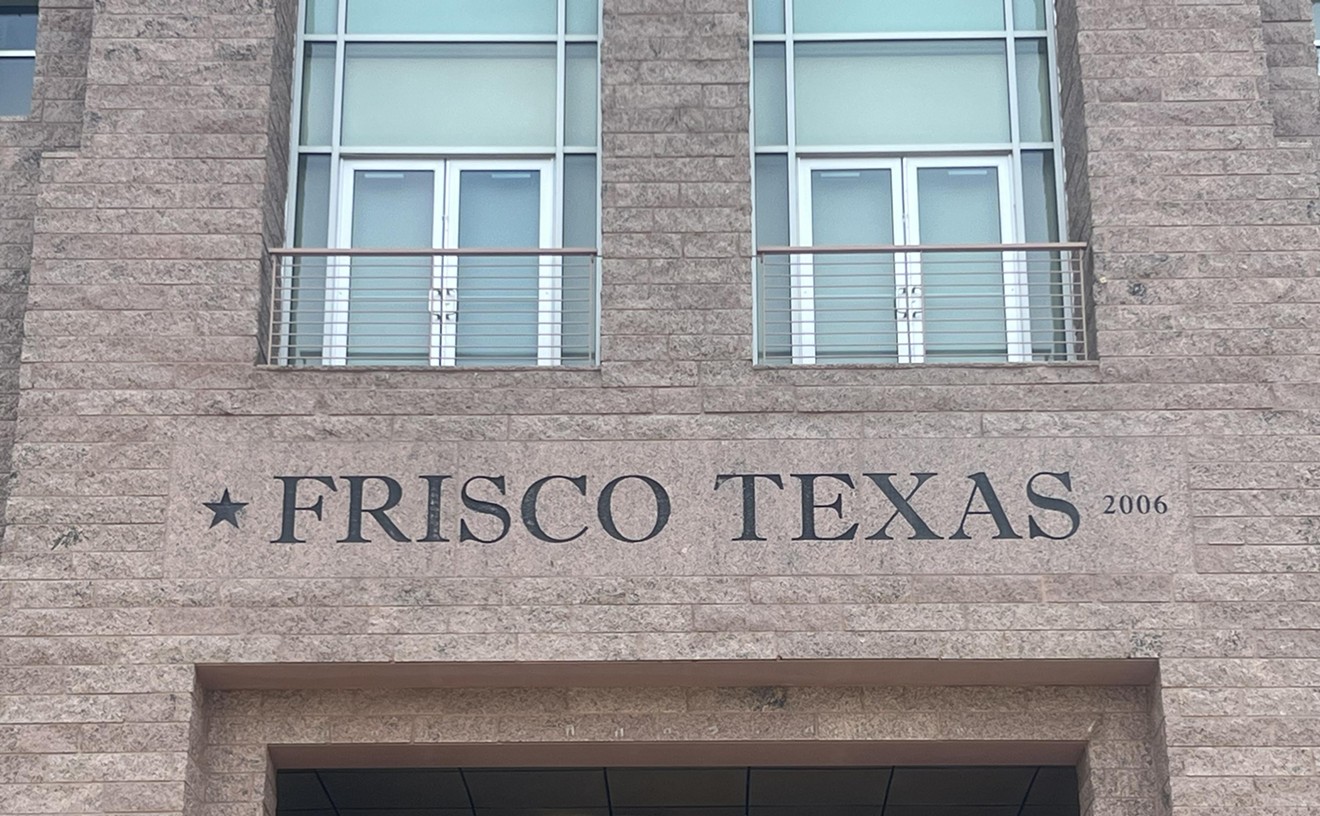As a boy growing up in postwar Vietnam, Lai My Truong was different. At school in a peasant village near Ho Chi Minh City, teachers and other children harshly ridiculed him, causing him to drop out by the fourth grade to work in a rice field. Because of Lai My, his stepfather lost a teaching job; his mother was shunned; his large family teetered on the edge of starvation.
What caused such havoc? Half of Lai My Truong's roots are American. Specifically, Truong's father, John Paul Ford, was an African-American U.S. Army paratrooper stationed in Vietnam. He met Truong's mother when she worked as a domestic at an Army base in Bien Hoa province. Than Thi Truong decided against moving to America with Ford in 1968, but her family's situation deteriorated in 1975 when Ho Chi Minh City--then called Saigon--fell to the communists.
To Vietnam's new rulers, half-American children--known as Amerasians or bui doi, "dust of life" in Vietnamese--were unwelcome reminders of the country's war-torn past. Half-black children and their families were treated especially poorly. "No one would talk to me or deal with me, and no one would trust me, because I had a black boy in the family," Than Thi says in an affidavit to Dallas' federal immigration court.
Twice, Lai My sought to escape Vietnam by boat. Each time, he failed, was sent to labor camps and eventually was released. Still, his family's fortunes improved. The family applied to come to the United States under a refugee program expanded in the 1980s to include Amerasians and their families. His mother and six children, some grown, moved to Georgia in 1989 to live with relatives. In 1992, Truong wed Thu Phuong Thi Nguyen, also a half-black Amerasian refugee. They had three children and he became a skilled welder in spite of poor English skills.
Yet Truong, 33, may be separated from his family and forced to return to the country that bitterly rejected him. His deportation was set in motion after Immigration and Naturalization Service authorities in Dallas learned of his March 2000 Georgia conviction for felony cocaine possession, a crime he pleaded guilty to but insists he didn't commit. Truong's fatal mistake: Shortly after his conviction, he moved from Gainesville, Georgia, to Dallas to be with his family and near his wife's ill (now-deceased) mother. The INS quickly picked him up when he dutifully reported for probation in Dallas.
A 1996 law requires deportation of permanent legal residents convicted of "aggravated" felonies--ranging from murder to possession of a small amount of cocaine--regardless of time spent here or extent of family in the United States. Unlike pre-1996 law, judges no longer have discretion to weigh such merits. A rash of deportations for arguably small offenses has prompted calls to amend the law, but late last year Senator Phil Gramm, a Texas Republican, killed a measure that would have circumscribed the law's retroactive provision.
Until recently, however, Truong might have avoided deportation since federal sentencing guidelines treated possession of small amounts of cocaine as misdemeanors rather than felonies. That meant first-time offenders such as Truong, convicted of state felonies not counted as felonies under federal guidelines, got second chances instead of deportation.
But in denying the appeal of a Mexican man convicted of heroin possession in Colorado, the 5th U.S. Circuit Court of Appeals in New Orleans recently ended that exemption. A May 11 ruling by that court ordered immigration judges to treat state felonies as federal felonies, thus ending Truong's eligibility for leniency via a deportation "cancellation," available for perpetrators of misdemeanor crimes who are deemed likely to become productive, lawful residents.
"The relevant statutes...express Congress' intent that aliens with drug convictions that are felonies under state law should be removed under expedited administrative proceedings," a three-member panel of 5th Circuit judges ruled.
Truong's attorney Ted Pruett decries the new rules, which will likely affect hundreds of immigrants with small-time convictions. "The important thing is to let the punishment fit the crime," he says. "This is a lot worse than two or three years in jail." Truong's wife, who has no blood relatives in the United States or Vietnam, is distraught at the prospect of raising three children herself. She begs authorities for mercy. "He's a good man," she says. "He takes care of the family. He helps me cook."
Truong's fate will be decided on July 18 in immigration court. All is not lost, though. He still has one option left, known as "withholding" under immigration terminology and roughly equivalent to refugee status. If Truong can show he would face persecution from the government upon return to Vietnam, he might qualify for withholding, a more-difficult-to-achieve status that would require him to check in monthly with immigration authorities.
Does Truong stand a chance? One highly placed immigration source, who spoke to the Dallas Observer on condition of anonymity, says treaties between the United States and Vietnam preclude harassment or imprisonment of returning Vietnamese refugees. "Vietnamese go back to Vietnam every day and have no problem." Yet, the source says, it's possible the Vietnamese government turns a blind eye while other citizens continue to make life difficult for Amerasians. Truong's mother says Vietnamese relatives won't help her son should he be forced to return; they are ashamed of his blackness.
Meanwhile, Truong waits for judgment behind bars in a Dallas County detention facility. On the seventh floor of the George L. Allen Sr. Courts Building one morning last week, he wore a white prison jumpsuit, sat at a table with a visitor and spoke calmly through an interpreter of his plight. "I want to stay with my children," he says. "They are destroying five lives if they send me home."
Unlike his busy life as a menial-turned-skilled laborer who performed every job from chicken processing to lawn mowing, he now does little but watch television in jail. He never took the time to apply for U.S. citizenship; Pruett is making a last ditch effort to prove he's entitled to it, but chances are slim since he's past age 17 and his father hasn't been located.
Truong's coffee-brown, mustachioed complexion, smooth features and reedy build give him the look of an Indian from the subcontinent.
Still, he asserts his blood tie to America, a place he associates with freedom, success and a better life. "They brought me here because I belong to America," Truong says. "I'm not Vietnamese. What will I do if I go back to Vietnam? They will hate me." Could he bring his whole family back to Vietnam? "I won't let them go with me," he says. "They are all Americans."
Truong insists he didn't commit the crime that has caused him much strife. His arrest, he says, occurred in late 1999 when he borrowed a friend's car, was pulled over for a broken taillight and searched by police who found in the vehicle two small bags of cocaine, which he claims belonged to his friend. Truong says he eventually pleaded guilty to get out of jail and put the incident behind him. Attorney Pruett blames poor lawyering for allowing the conviction to occur.
Even so, Truong regrets his brush with the law, and hopes for another chance to resume his life as an American father. "I apologize for my mistake," he says plainly. "I am so sorry. But it's not murder, it's a minor crime."











